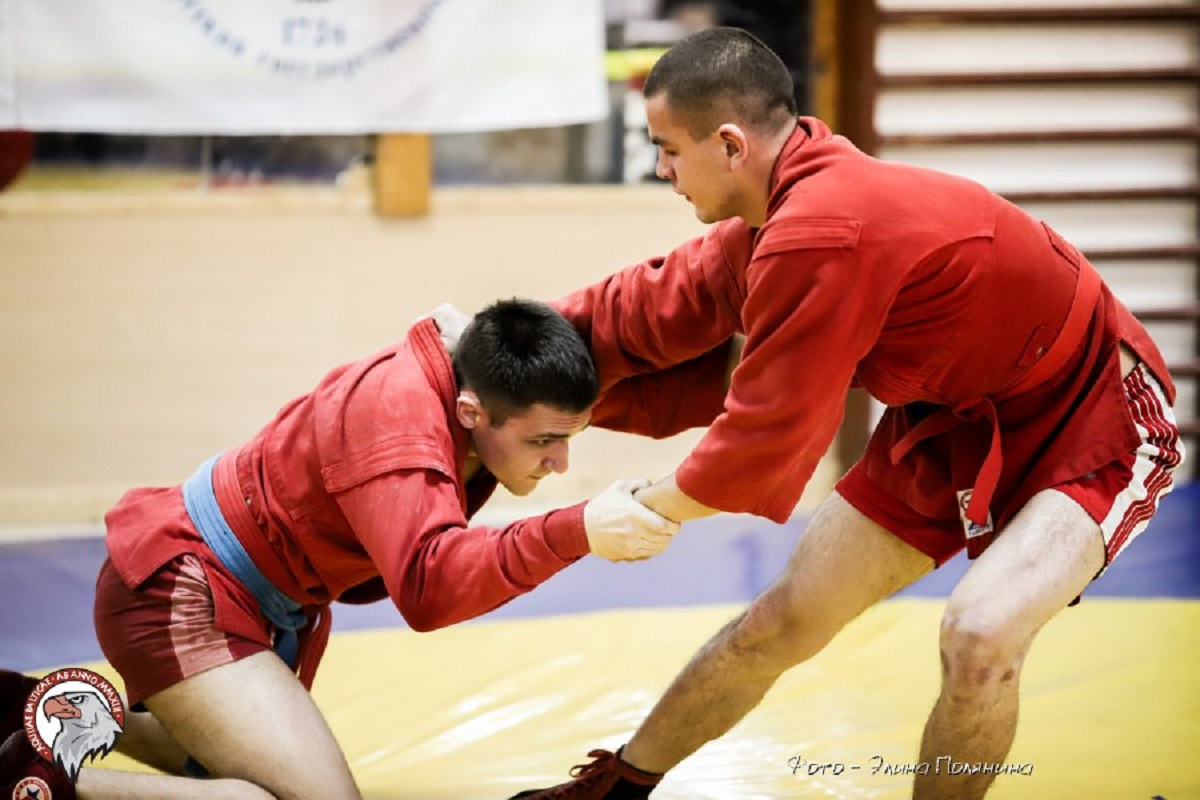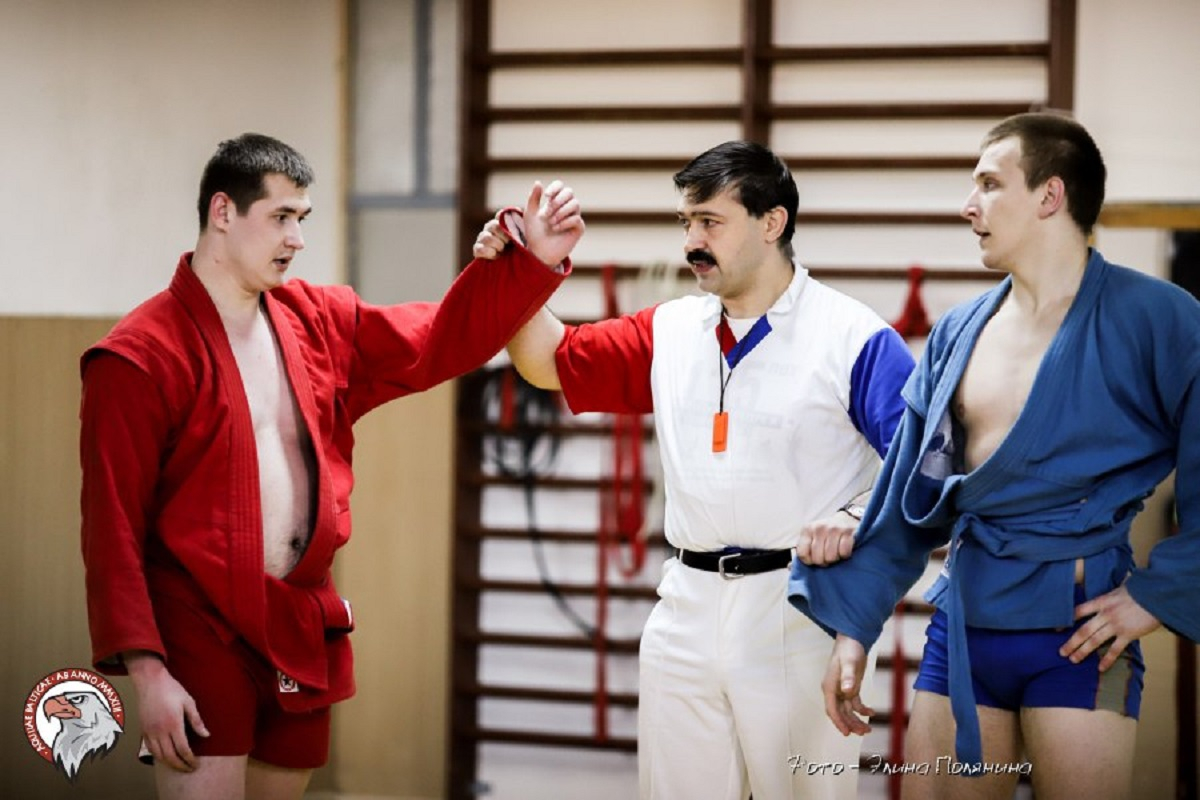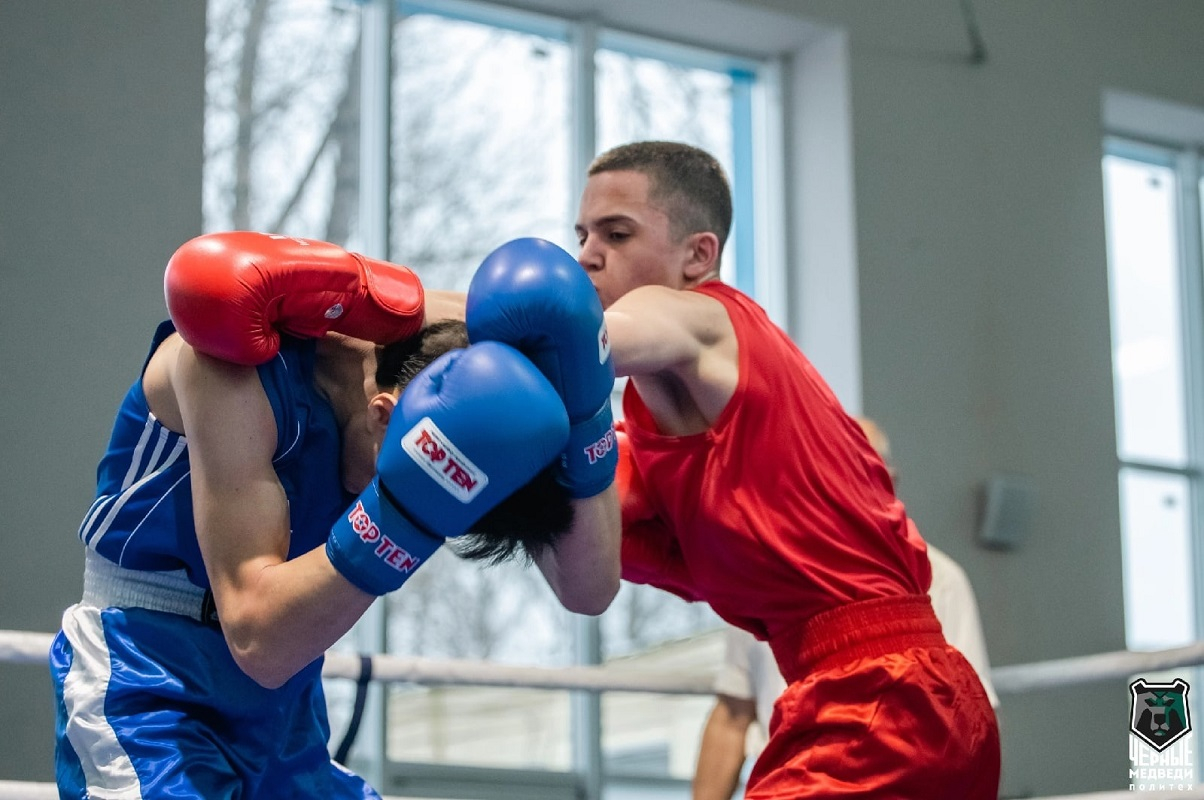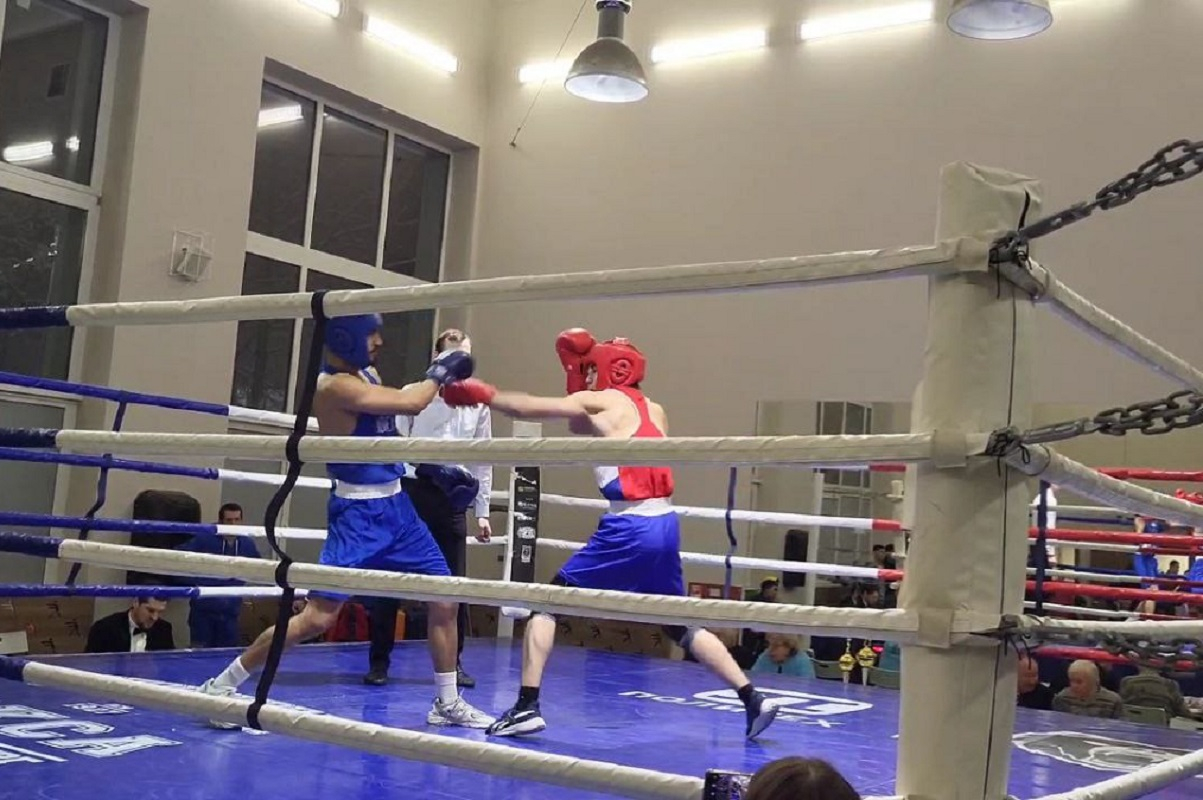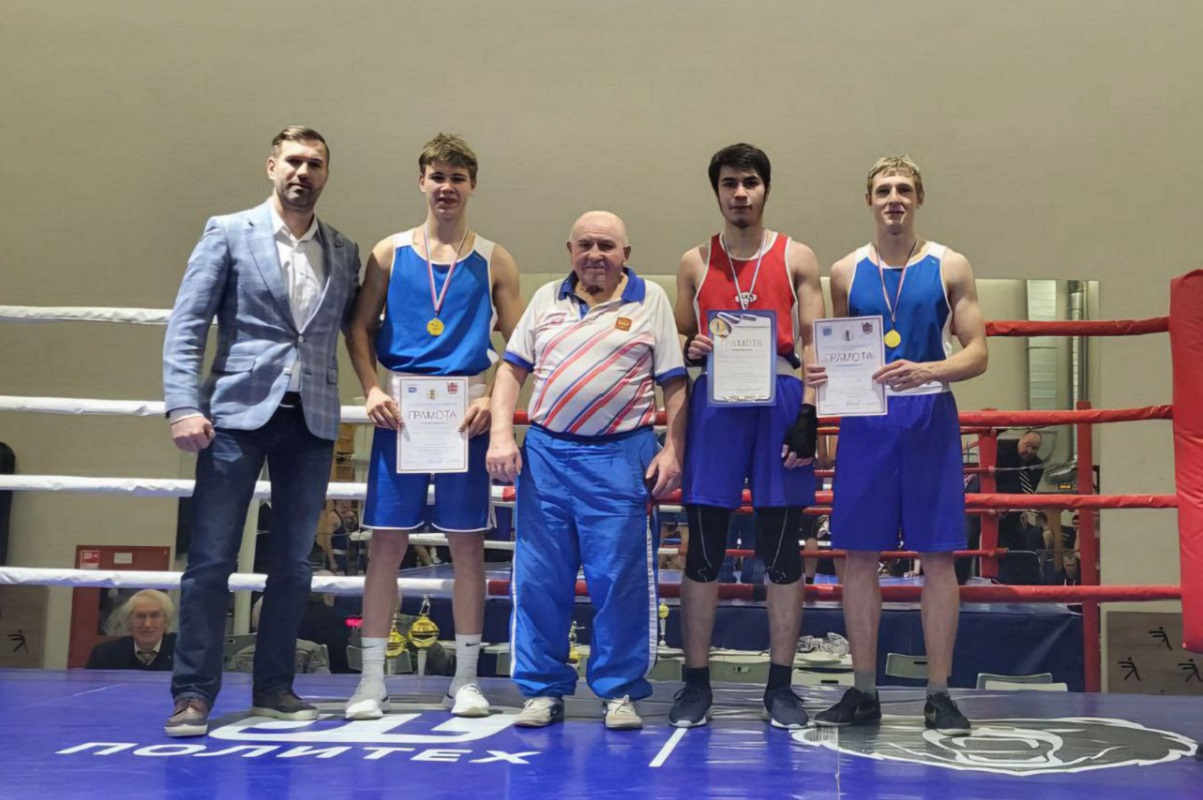"Combat sports cultivate creators, not destroyers": St Petersburg University students on martial arts classes
St Petersburg University places a strong emphasis not only on academic education, but also on the spiritual and moral development of its students. In response to the diverse information landscape and the spread of various, sometimes destructive ideologies, the University has established a secure environment for students to build resilience against extremist and aggressive influences.
At St Petersburg University, the development of physical culture and sports, particularly martial arts, has been both a longstanding tradition dating back to the early 20th century and a crucial part of the educational process. In 1904, a boxing club was established at St Petersburg Imperial University, building upon Swedish gymnastics and acrobatics courses. During the Soviet era and subsequent years, Leningrad State University (now St Petersburg University) saw the rapid development of various combat sports, including wrestling, sambo, and judo.
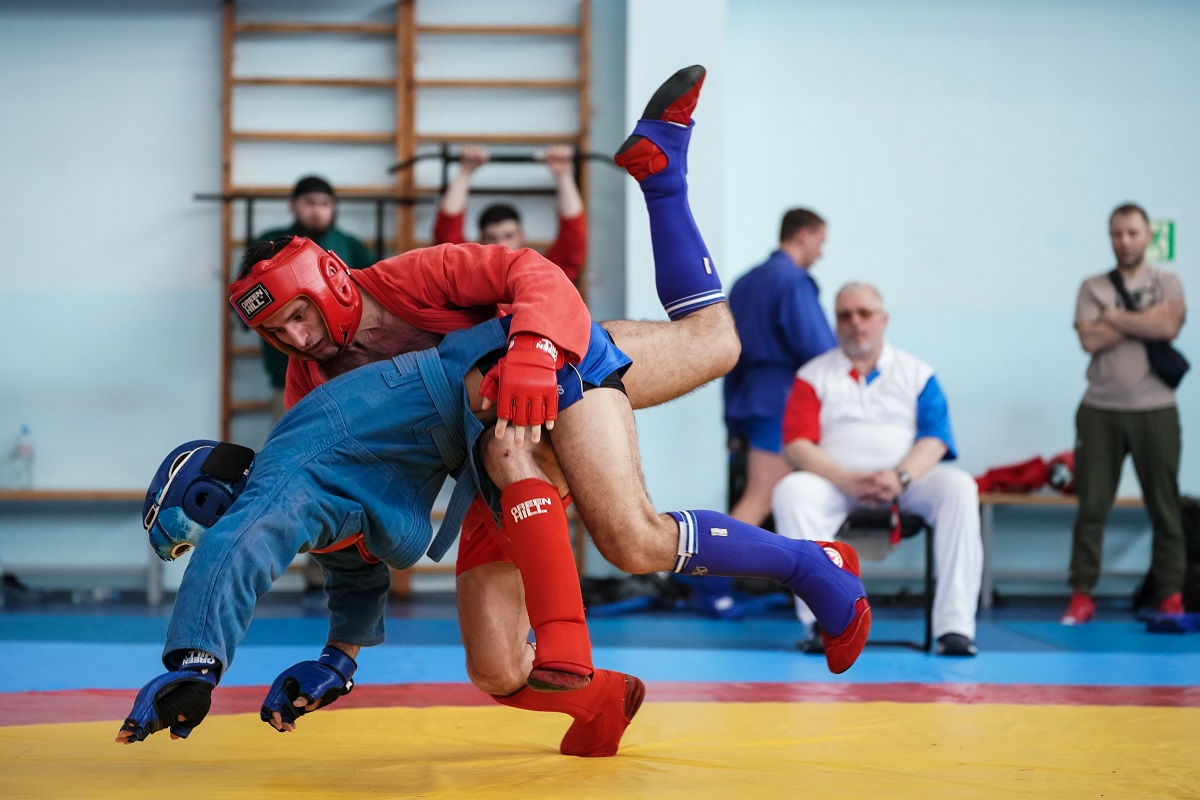
Today, the University’s martial arts club is actively adjusting to modern requirements. The training process incorporates innovative court game techniques, such as "badfight" (a synthesis of badminton and karate) and "samball" (a combination of sambo, rugby, and handball). Students have access to modernised sports halls and train under the guidance of qualified coaches, many of whom are Masters of Sport and Honoured Coaches of the Russian Federation.
Martial arts as a school of life: ethics in sports
Coaches working with young athletes understand that the goal of martial arts training extends far beyond developing tactical and technical skills. "Our goal is not only to improve physical fitness but also to build character — to develop individuals with a strong inner moral core who can overcome challenges and make balanced decisions both in the ring and in life," emphasised Boris Tikhonov, a judge of the All-Union category, the coach of the boxing club and the University boxing team, and a Master of Sports of the USSR.
Students learn to control their emotions, distinguish sports rivalry from personal animosity, and develop a culture of communication. In the ring, success relies on cold calculation, and in everyday life, this skill helps them to stay calm in stressful situations and find compromises.
"Combat sports directly impact the central nervous system. Through boxing training, we leave a whole range of negative emotions in the gym, preventing them from affecting our personal lives," shared Kamil Fataliev, a bachelor’s student in the Physical Training and Sport programme at St Petersburg University and a student of Boris Tikhonov. He also noted that true strength lies not in dominating others but in the ability to overcome one’s own fears.
During boxing classes, the coach of the University boxing team Boris Tikhonov places special emphasis on instilling respect for opponents, understanding sports ethics, and promoting fair play. Martial arts classes help students build self-confidence and the ability to stand up for themselves. "Respect for your opponent is a key aspect of martial arts that sets it apart from mere scuffles. We view martial arts as a means to achieve desired results without the intention to cause harm," said Danil Nikiforov, a first-year master’s student in the International Relations programme. He added that martial artists must be aware of their responsibility for their sparring partner’s safety and never resort to violence against anyone. "Athletes are much more resilient and adaptable to various life situations. However, every reasonable person should be able to avoid street fights and intentional cruelty," added Danil Nikiforov, who trains under the guidance of Vladimir Iashkin, the coach of the St Petersburg University sambo and judo teams.
Philosophy of positive aggression
Although combat sports are often perceived as violent, martial arts offer much deeper insights. "In combat sports, intelligence is just as valuable and as physical prowess. The rule in boxing is: first, engage your mind; then, move with your feet; and finally, fight with your fists. A boxer must overcome fear, think ahead, and always prioritise the safety of the opponent," emphasised Bogdan Zhuravlev, a student in the Conflictology programme at St Petersburg University. "We step into the ring not to destroy. For athletes, performance is a process of overcoming their own limitations."
According to Boris Tikhonov, students learn not only punching techniques, stance, and rules of engagement, but also the importance of self-control. "Young people often come with excess energy and difficulty managing their emotions. Combat sports help them to channel this energy into constructive work, focus on their goals, and resist provocations," said the coach of St Petersburg University’s boxing team.
Each sport has a set of values that help shape a student’s worldview. In this context, combat sports offer a unique opportunity to develop both martial arts skills and enhance personal qualities.
"In my view, the philosophy of martial arts is about creation, not destruction. I teach my students to bring light and goodness into the world around us. For example, self-defence skills can be used to protect one’s family and country," said Dmitrii Matveev, Associate Professor in the Department of Physical Training and Sports and a sambo coach at St Petersburg University. He also outlined the concept of "positive aggression," which involves channelling assertive behaviour strategically for productive actions and achieving constructive outcomes.
Sport has the power to inspire and engage people in physical activity, even those who initially come to a sports hall as spectators. "When someone walks into a gym and watches two people fighting with skill and grace, it can inspire one to take up a sport and find a hobby," commented a sambo wrestler Danil Nikiforov.
Centre for developing strong people and defenders of the Motherland
The discipline that underpins the training process extends far beyond the gym. A daily regimen, strict adherence to the training plan, and continuous self-improvement all contribute to developing athletes’ responsibility — not only for their own lives and professional achievements but also for the well-being of the country.
"There are times when you are on the battlefield and you need to protect those in danger. Without the necessary skills, you will not be able to help. Furthermore, not everyone has the courage to intervene when someone is being bullied. It is crucial that you have both the courage and the ability to act effectively in such situations. In martial arts classes, students develop these qualities and skills," stressed Vladimir Iashkin, the coach of the St Petersburg University sambo and judo teams.
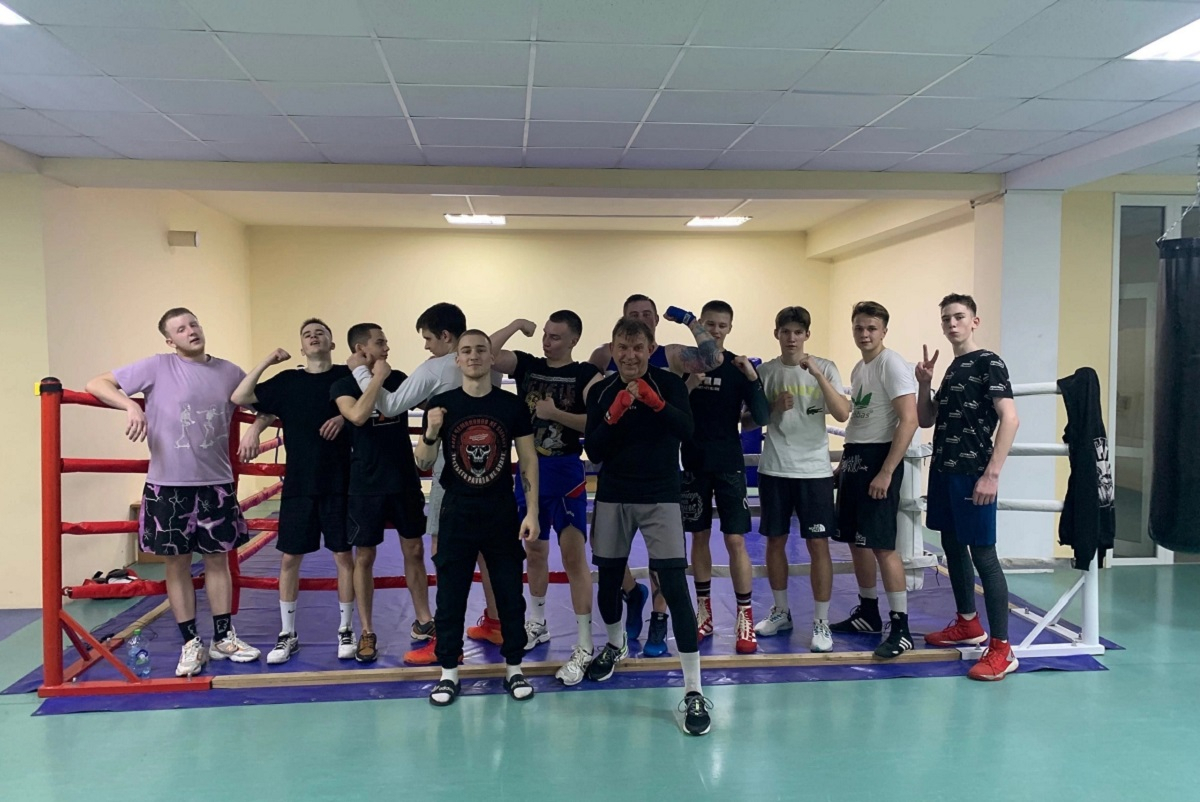
Vladimir Timoshenko, a student in the Psychology programme at St Petersburg University, training under the guidance of Boris Tikhonov, underscored that these fundamental principles foster a sense of unity and cohesion among the team members. They help to build deep friendships and value mutual support, ultimately strengthening social capital and civic responsibility. "Even in individual competitions, where each team member performs independently, the team spirit remains our driving force," said Vladimir Timoshenko. Day by day, this team spirit and love for the country form the foundation for strong, united individuals who can overcome challenges and support each other in any situation.
"We cannot change the past, but we can learn from it to build a better future. I have been involved in sports for a long time and have always been proud to be a patriot," shared Vladimir Timoshenko.
Sport has always been linked to military training, with the goal of cultivating talented and responsible citizens with strong morals and willpower. "Combat sports enable students to master self-defence skills and prepare them to defend their country, family, and loved ones. This requires not just courage but also civic responsibility and readiness to defend the Motherland on the battlefield," said the sambo coach Dmitrii Matveev.
In today’s world, when various threats are facing humanity, the importance of physical fitness becomes particularly relevant. Student-athletes recognise that overcoming challenges requires not only physical strength but also moral education. Abdullah Al-Bashir, a student in the General Medicine programme who came from Iraq to pursue higher education at St Petersburg University, shared his thoughts on how observing others inspired him to develop and improve his own skills. "I have realised that I cannot afford to be weak, as the consequences could be dire. Life demands that we should be prepared: in times of instability, we cannot just sit back. We must be strong and ready to act to protect ourselves and others. This realisation motivates me to move forward," said Abdullah Al-Bashir.
The athletes noted that while success is often celebrated, failure and defeat also play a significant role in individual, team, and social development. These experiences, cultivated through sports and personal challenges, encourage active participation in the life of the country for the common good. "Defeat in sports does not mean you are weak; it is a lesson that teaches responsibility for one’s actions. Defeat is a humbling experience when there is no one else to blame but oneself. Life is like boxing: if I fail an exam, it means I have not studied hard enough. Our actions and decisions matter, and we must be proactive participants in today’s changes," concluded Kamil Fataliev, a bachelor’s student in the Physical Training and Sport programme at St Petersburg University.
St Petersburg University continues the tradition of cultivating well-rounded individuals ready to defend the country and its spiritual and moral ideals. Engaging in sports enables young people to face the future with greater confidence, knowing that they can stand up for justice when needed. In today’s world, these qualities are especially important for building a harmonious society.



